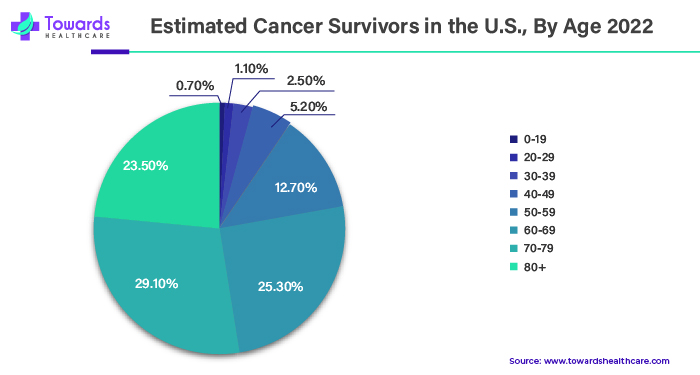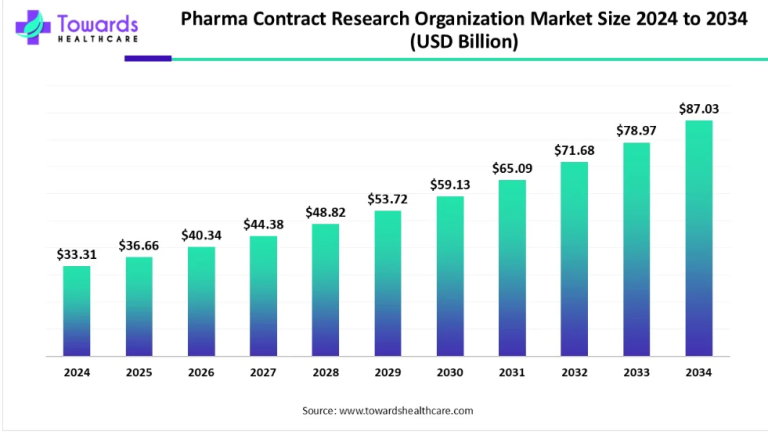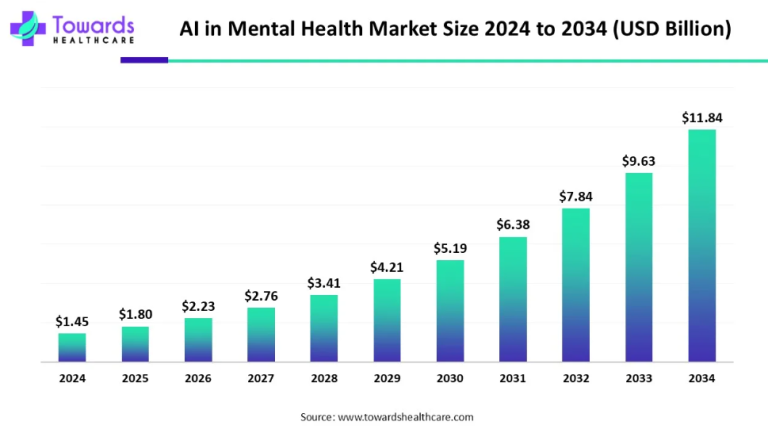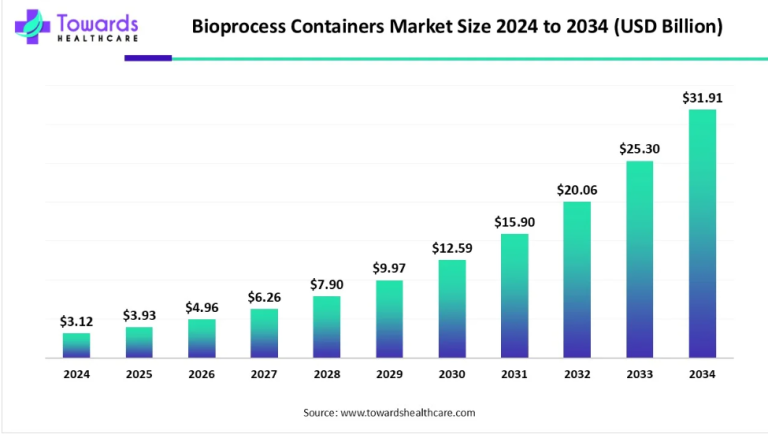
The Rise of Biosimilar Products: A Market Disruption
The emergence of biosimilars presents a formidable challenge to the established biologics market. While biosimilars function similarly to existing biologics, their entry into the market poses a threat to the market share and profitability of originator biologic manufacturers. Often priced lower than their originator counterparts, biosimilars exert pricing pressures that compel original biologic manufacturers to reassess their pricing strategies.
This heightened competition may lead to a shift in consumer preferences and market dynamics as biosimilars gain traction. To navigate this challenge, biologic manufacturers must strategically adapt their approaches, potentially exploring innovations and new formulations, or emphasizing superior efficacy and safety. Moreover, educating healthcare professionals and patients about the unique benefits and established track record of original biologics becomes imperative for maintaining trust and market presence. Legal considerations, such as safeguarding intellectual property and managing patent disputes, introduce further complexity to the competitive landscape. In essence, the biosimilar challenge prompts biologic manufacturers to undertake strategic initiatives to safeguard their market position, underscoring the importance of adaptability and differentiation in the evolving pharmaceutical landscape.
For any queries, feel free to talk with us @ https://www.towardshealthcare.com/personalized-scope/5108
The surge in patient interest in cutting-edge treatments can be attributed to advancements in technology and the proliferation of healthcare information. Patients today are taking a proactive approach to understanding their health conditions, leveraging online resources to delve deeper into various treatment options. This includes weighing the pros and cons of traditional pharmaceuticals versus groundbreaking biologics.
Exploring Personalized Medicine
Personalized medicine, which tailors treatments to an individual’s unique genetic and molecular makeup, has garnered significant attention. Biologics, in particular, align well with this approach, offering the ability to target specific disease mechanisms unlike traditional drugs. Patients are increasingly drawn to treatments that cater to their specific needs and characteristics. One key advantage of biologics is their tendency to produce fewer side effects compared to conventional drugs, as they are designed to precisely target diseased tissues, minimizing impact on healthy cells. This appeal is especially strong among patients managing chronic conditions who seek therapies delivering effective results with minimal adverse effects.
Embracing Medical Innovation
As the healthcare landscape continues to evolve, patients are demanding innovative solutions to their health challenges. Biologics represent a frontier in medical innovation, providing novel strategies for treating diseases that were previously difficult to manage using conventional methods. This resonates with patients actively seeking progressive and forward-thinking therapies.
Recent Developments:
In a significant update, the U.S. Food and Drug Administration (FDA) has granted emergency use authorization for updated vaccines. Developed by ModernaTX Inc. and Pfizer Inc. between 2023 and 2024, these vaccines have been specifically modified to better target current variants of COVID-19. They offer enhanced protection against severe outcomes such as hospitalization and mortality, addressing the evolving landscape of the pandemic.
Monoclonal Antibodies: A Breakthrough in Cancer Therapy
In 2022, the International Agency for Research on Cancer’s Global Cancer Observatory reported that ten specific types of cancer accounted for approximately two-thirds of new cases and fatalities worldwide. With data spanning 185 countries and encompassing 36 different types of cancer, the demand for biologics, particularly monoclonal antibodies and immunotherapies, has surged in response to the rising incidence of cancer. These cutting-edge treatments are reshaping cancer care by improving survival rates and minimizing side effects.
Table of Contents
ToggleAdvancements in Cancer Treatment
Recent Breakthrough Drugs Approved by the FDA
- Elranatamab: T-cell engager approved for multiple myeloma on August 14, 2023.
- Epcoritamab: T-cell engager approved for lymphoma on June 29, 2023.
- Truqap: PARP inhibitor approved for breast cancer on December 2, 2023.
- Ryzneuta: Used in combination with myelosuppressive anti-cancer drugs, approved on July 25, 2023.
- Augtyro: Approved for ROS1-positive non-small cell lung cancer on August 5, 2023.
Catering to Patient Needs
Individuals coping with chronic health conditions prioritize treatments that not only effectively manage their illnesses but also preserve their quality of life. Biologics, renowned for their ability to deliver targeted and often more manageable therapies, resonate with patients seeking to maintain their daily routines and overall well-being. The escalating demand for innovative treatments like biologics stems from the desire for effective, personalized solutions and an anticipation of medical advancements. As patients assume more active roles in their healthcare, the allure of therapies offering targeted, low-risk, and forward-thinking approaches grows, reshaping the landscape of modern healthcare.
Take a smart decision to own our reach study instantly at https://www.towardshealthcare.com/price/5108
Access our Premium Real Time Data Intelligence Tool, Visit: www.precedencestatistics.com
READ MORE SNAPSHOTS OF THE REPORT:



